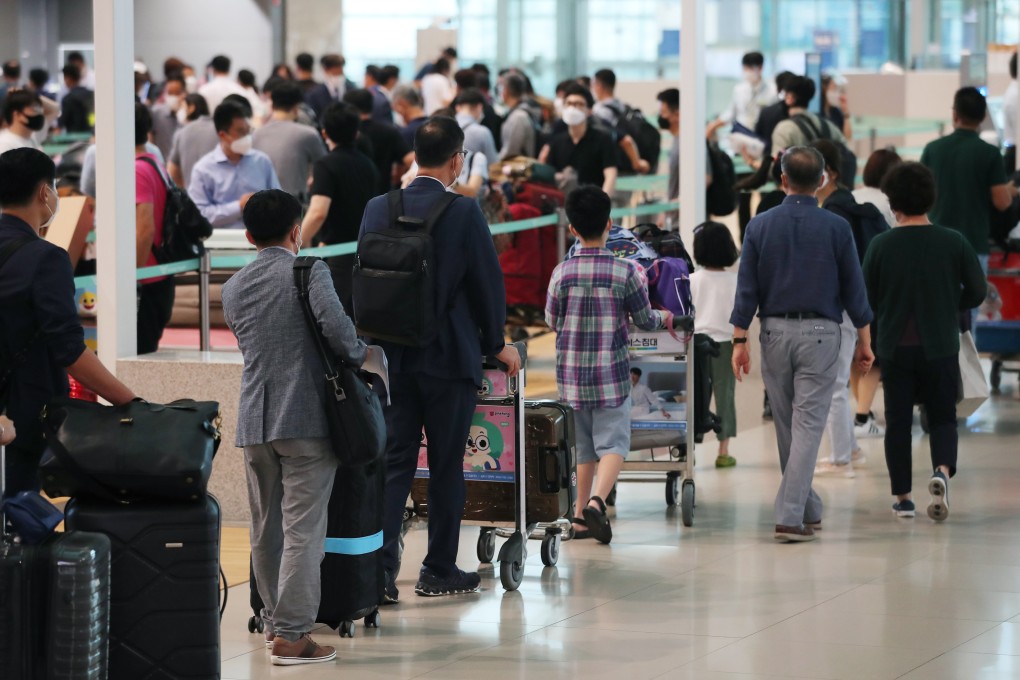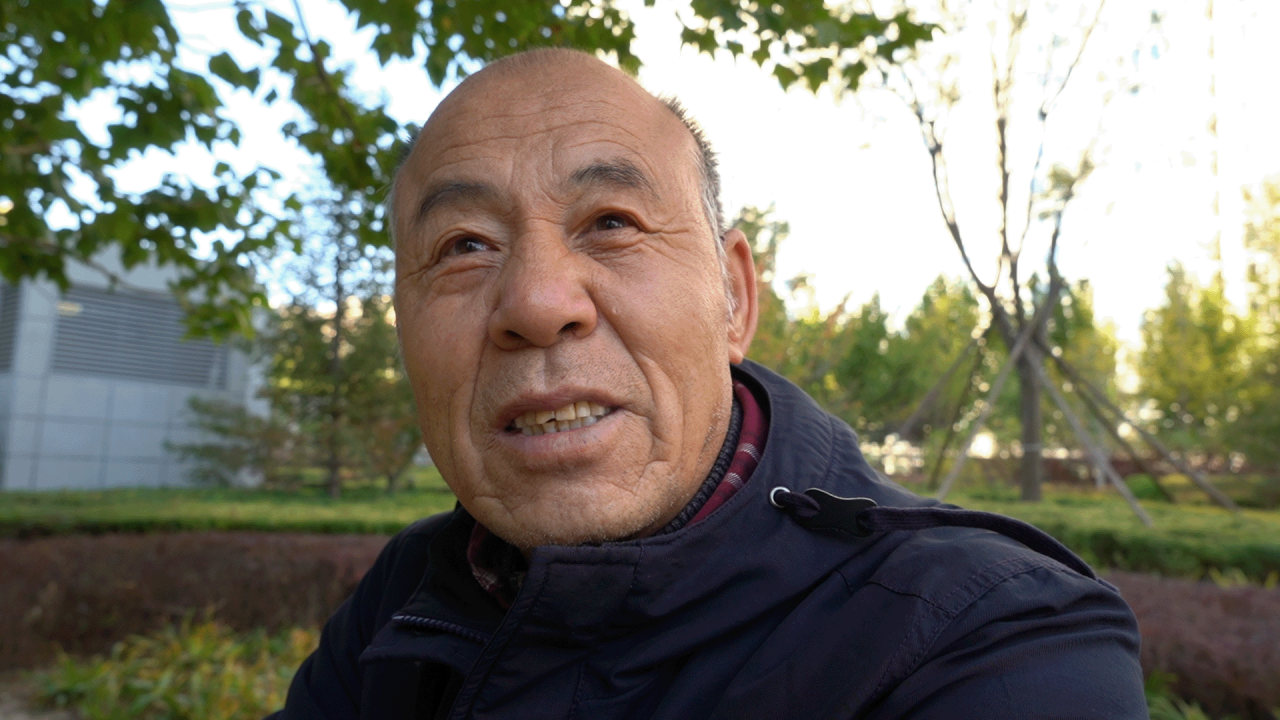South Korean airlines slowly resume China services, but passenger traffic still down over 95 per cent
- Over 1,600 flights travelled between South Korea and China in September, carrying over 50,000 passengers, up from August, according to official figures from Seoul
- But the traffic is still down considerably after 10,261 flights carried 1.47 million passengers in November 2019 before the start of the coronavirus pandemic

Major South Korean carriers are slowly resuming flights into several cities in China, although the number and level of passengers pales in comparison to the robust schedules before the strict border controls introduced by Beijing two and a half years ago to contain the spread of the coronavirus.
Some 1,649 flights travelled between South Korea and China in September, according to the South Korean Ministry of Land, Infrastructure and Transport, carrying 50,289 passengers.
This represented an improvement from August, but still considerably lower than the 10,261 flights that carried 1.47 million passengers in November 2019 before the start of the pandemic.
My plan on returning to China was postponed by two months because my flights got cancelled twice
“There were nearly no flights between Korea and China until last September, or there would be so many cases where flights would abruptly get cancelled because there were Covid patients on previous flights,” said Bae Bo-kyun, president of the Korean Merchants Association in Foshan in China’s southern Guangdong province.
“My plan on returning to China was postponed by two months because my flights got cancelled twice.”
